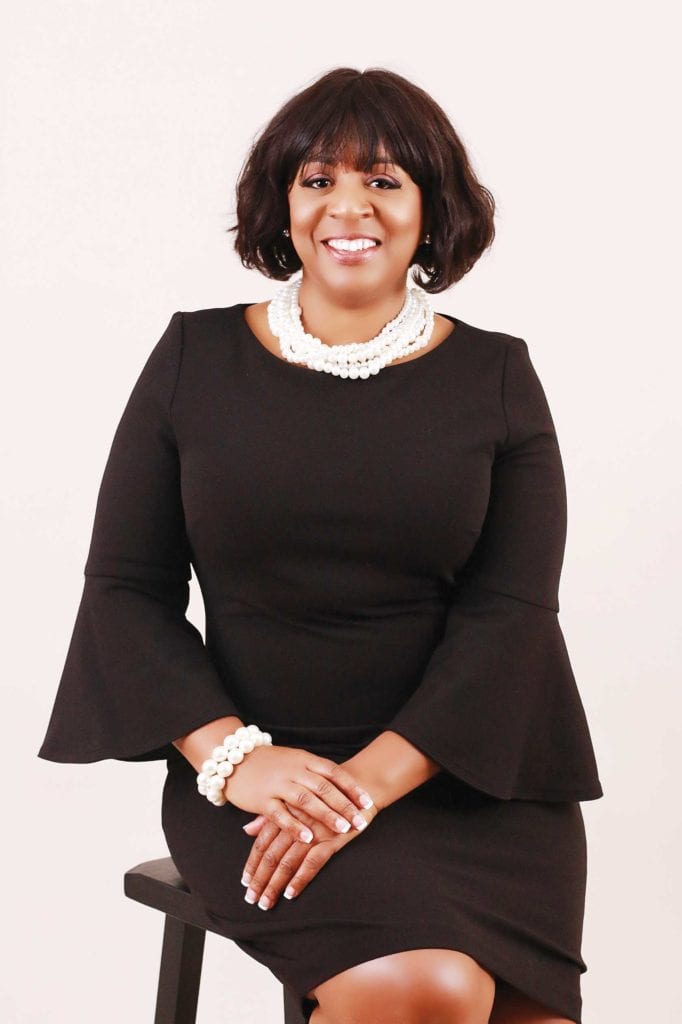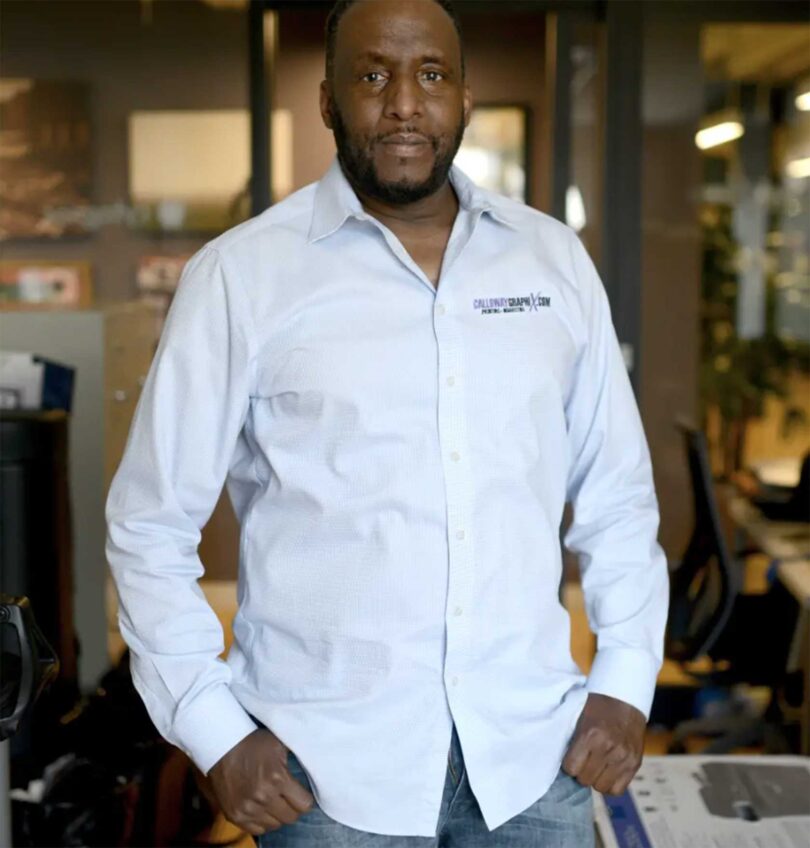
Through her consulting firm, In Order Business Development Solutions, local entrepreneur Shelley Webster helps to address economic inequality in Boston by putting minority- and women-owned contractors in front of developers who are building million- and even billion-dollar projects.
While Webster, an experienced business owner, understands that increasing economic opportunities during Boston’s ongoing development boom is an important task, keeping the business afloat and profitable is the main priority for all parties involved.
“It’s a delicate balance,” she said. “I push, but I don’t say, ‘at all costs you have to achieve this number,’ because at the end of the day, you want to be profitable to keep your workforce going.”
With nearly 38 years of construction industry experience, Webster is a business-building and diversity and inclusion specialist for projects like Encore Boston Harbor Hotel and Casino in Everett and, most recently, the Winthrop Square Tower project in downtown Boston.
The Roxbury native first started working in the field under her father’s heavy utility construction company, Webster Engineering Co., Inc., which was based in Dorchester starting in the ‘70s. When the company shut down in 2005, Webster worked for other major companies such as E.A. Fish Development and Janey Construction Management.
From 2008 to 2014, Webster founded and ran an underground utilities company called Centaur Construction, LLC. However, “it was a tough line of work and a very risky business,” she said. “You had to rely on so many different components in order to be successful.”
She soon changed gears and dived into consulting work by launching In Order Business in March 2014, drawing from her years of experience and network building. “I packaged that all up and hung up my shingle. And the business just started coming,” Webster said.
“I’ve been fortunate enough to build solid relationships throughout my career,” she said when asked how she acquired her first client.
She was hired by Brian McPherson, who was leading diversity and workforce compliance at Suffolk Construction at the time, and is now the director of access and opportunity for the Division of Capital Asset Management and Maintenance for the Commonwealth.
“I expressed I wanted to identify diverse companies as a consultant and Suffolk happened to be starting a new project,” Webster said. “I was at the right place at the right time.”
This consulting job led to an even bigger one: The Encore Boston Harbor casino project, a $2.6 billion development and the largest private single-phase development in the history of the state.
“When they saw how I worked and how I went about implementing systems of diversity and tracking, [Suffolk] were negotiating the Encore project and they said, ‘we want you back here,’” she said.
Webster set about implementing and monitoring the Encore project’s business utilization and workforce goals. For diversity and inclusion in business utilization, the goal was at least 5.4 percent women, 5 percent minority and 1 percent veteran contractors.
According to Webster, the project has achieved 12.6 percent women, 5.9 percent minority and 2.8 veteran contractors for the business utilization component of the development.
For workforce goals among construction trades workers, the goal was at least 15.3 percent minority, 7.3 percent women and three percent veteran contractors. So far, the project has contracted 25.3 percent minority, 7.2 percent women and 5.4 percent veteran workers.
“The women participation number is unprecedented across the country,” Webster added.
In Order Business is a small firm with one full-time employee (Webster herself), one part-time assistant and two subcontract consultants.
Webster says In Order has a dual role. “Not only did I want to bridge the relationship between diverse companies and construction managers or the developers,” she said, “I also wanted to help build the capacity of the small, diverse businesses.”
To do this, Webster provides back office and administrative support such as finance strategizing, securing lines of credit and acquiring certifications. “I want them to be prepared and ready to perform as well,” she said of her clients.
Assisting developers and general contractors with providing employment opportunities to minorities, women and other disadvantaged groups is “something I’m truly passionate about,” says Webster.
Increasing diversity and inclusion is “a win for everybody. It increases competition and can drive down costs by increasing the pool of qualified companies that developers and construction managers choose from,” she said.
And of course, the impact on small, minority and women owned businesses in Massachusetts is great too, says Webster, because “it helps build their companies, increases their exposure and creates a positive impact on the communities they work and live in.”






